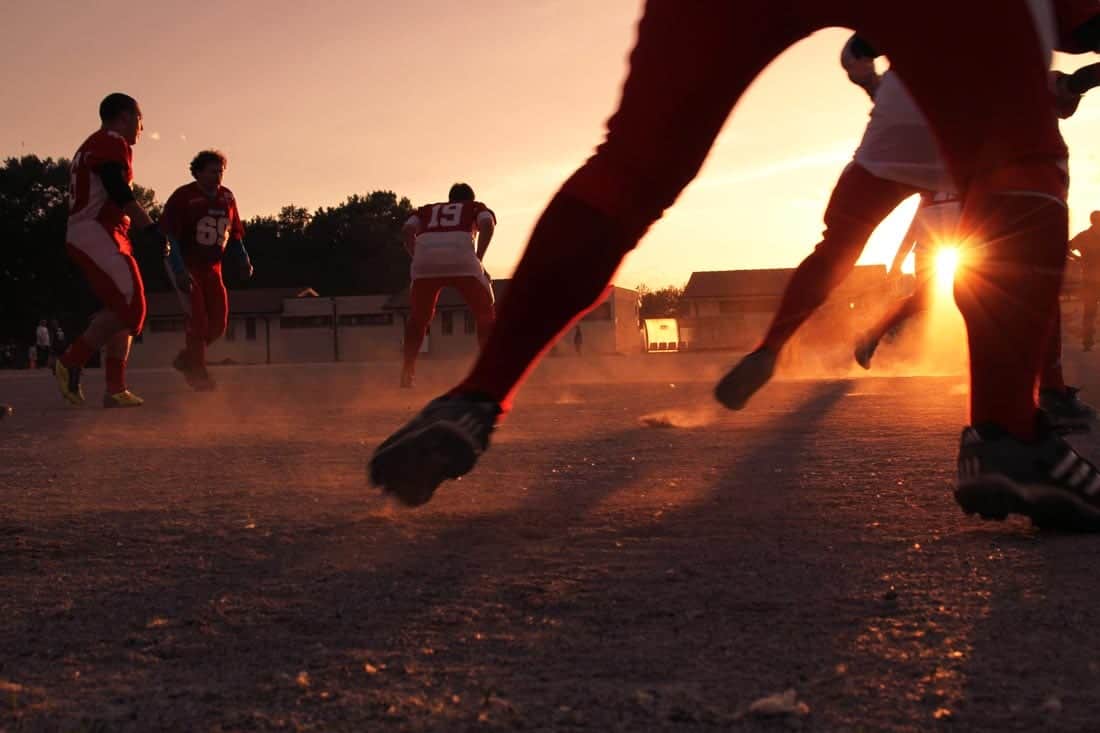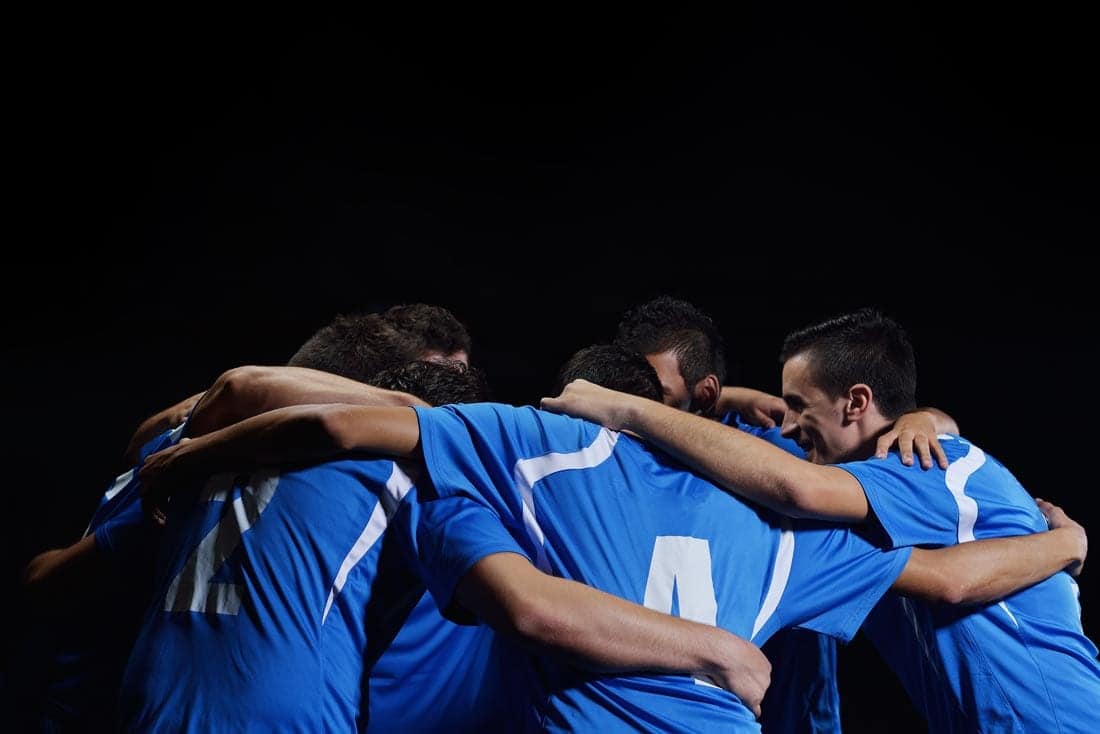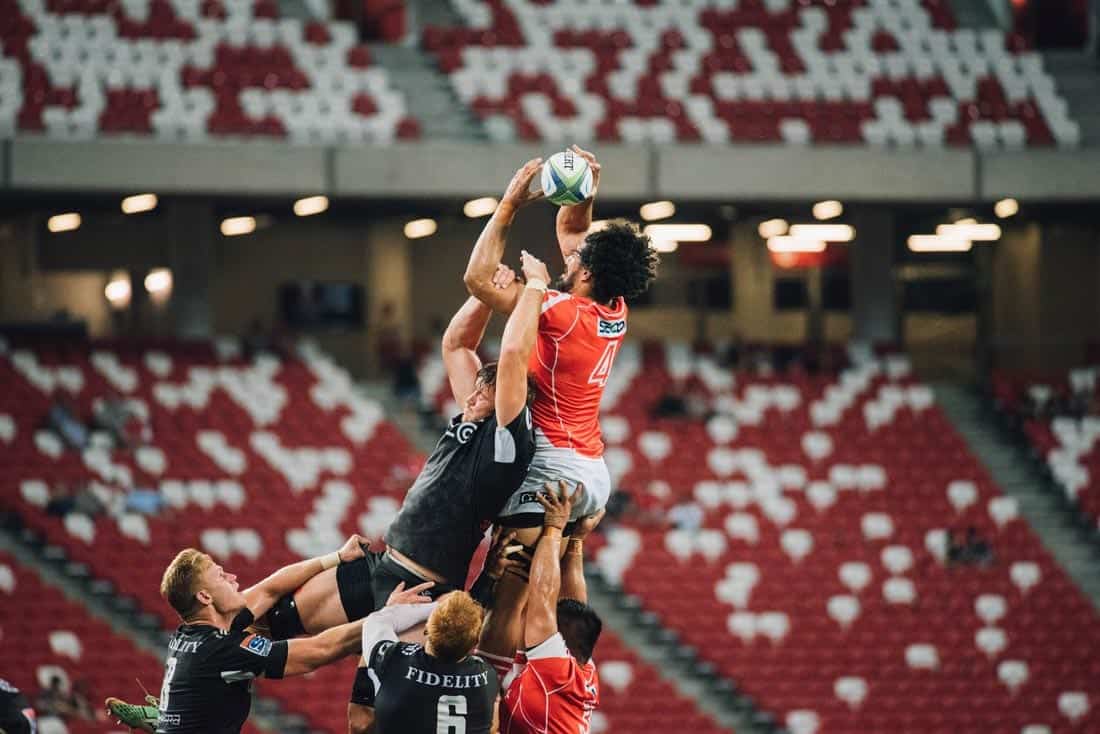By Bo Hanson – 4x Olympian, Coaching Consultant & Director of Athlete Assessments
Robert Craddock and Marco Monteverde, in their article “What a waste of money”, highlight the dilemma for clubs who spend big money to acquire athletes who then don’t live up to expectations. This article (in the Courier Mail) is well worth the read, and features the enormous sums of money spent on questionable signings across a range of sports. The article features countless examples, and no doubt you will also be well aware of some highly publicized and unsuccessful signings in your own sport. So why is it that these high priced athletes don’t significantly enhance the team they are signed to?

Craddock and Monteverde understand why these signings don’t work out, calling the purchases “high-priced square pegs in round holes”. When signing athletes, often clubs only look at the technical ability of the athlete at their current club. They can tend to assume that the athlete asking for the most money in their contract and with the best technical experience will always be the best fit for the team or club. However, this athlete may just be the expensive square peg that is ill suited to the round holes in your club. This is because (as many of you would be aware of from reading our article on “Player’s Value Beyond their Positions”), there is so much more to an athlete than just their technical ability.
For example do they have good listening skills? Are they a good communicator? Will they participate in team discussions? Can they manage themselves to a professional standard? Are they disciplined? Do they position themselves to be the star, or will they be the best player for the team? Will they behave selflessly and help the team win, even if that means putting their individual statistics to the side? (What an athlete contributes to a team is discussed in our articles on “Player’s Value Beyond their Positions” and “Pre-Season Preparation using the GRIP Model”). Not every athlete will bring the same characteristics to the team and never do we want them to.

Craddock and Monteverde spoke about the Australian Football League club the Brisbane Lions, signing troubled star Brendan Fevola. Although this signing was in itself was controversial, it also forced four key players out of the club because of the resulting salary pressure. In the end Fevola was asked to leave the club after being awarded a huge settlement. However, the real loss of this situation was what the four key players brought to the club beyond their technical ability. These players may well have been key communicators, or a strong link between the attack and defence. If this was the case, the club and team would not only have to replace these athlete’s technical ability, but also what they brought to the club holistically.
When looking at potential signings it is so important to think of the total contribution the athlete will bring to the team. When choosing between two athletes of equal technical ability, and a similar signing fee, it is important to take in the personalities of these athletes before making a decision. Gaining this insight into an athlete’s personality and behavior is an invaluable tool for clubs trying to decide whether an athlete would make the best addition to their team. If this is considered and the better athlete chosen, the team chemistry is much more effective, and this is fundamental in a team achieving their overall goals.

We discussed methodology on how to select the best team in our article on “The Holy Grail in Sport – How to Select the Best Team?” which also emphasises the following key questions in selecting athletes:
- Can this athlete perform from a physical and technical perspective in the position I need them to (or have the potential to with your coaching)?
- Are they willing and able to contribute to the team, beyond their physical and technical role?
- Is this athlete willing and able to perform their role for the entire season (and longer term)?
- How does that team come together – what does the ‘team dynamics’ look like?
- How do I be the best coach for the team (and individuals within the team)?
Notice that four out of these five questions go beyond looking at the technical component of an athlete’s ability and emphasises how an athlete can add holistic value to the team.
Undoubtedly, there is more media coverage when signings are unsuccessful, then for the many successful signings which are beneficial for both the team and athlete. However to prevent one of the horror signings Craddock and Monteverde discuss, happening to your club, it is key to look beyond the hype, ability, and dollar sign of each athlete to see what their true contribution will be.
For more information on team selection, and an athlete’s role beyond their technical ability, see our articles on:
- “Player’s Value Beyond their Positions”
- “Pre-Season Preparation using the GRIP Model”
- “The Holy Grail in Sport – How to Select the Best Team?“
At Athlete Assessments, we’re here to provide you with excellence in service and here to help you be your best. If there is anything we can assist you with, please Contact Us.





